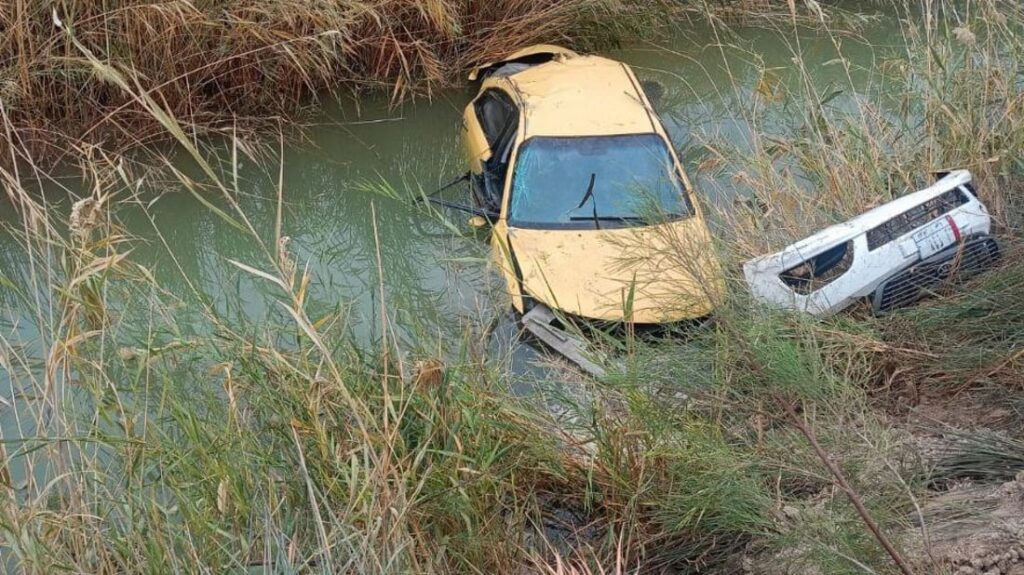World: Early Warning Early Action report on food security and agriculture January - March 2020
Overview
The Early Warning Early Action (EWEA) Report on Food Security and Agriculture is produced by the Food and Agriculture Organization of the United Nations (FAO). It provides a quarterly forward-looking analysis of major disaster risks to food security and agriculture, specifically highlighting:
potential new emergencies resulting from imminent disaster threats
new developments in countries already affected by protracted crises which are likely to cause a further deterioration of food insecurity
This report is part of FAO’s efforts to systematically link early warnings to anticipatory actions. By providing specific early action recommendations for each country, the report aims to prompt FAO and partners to proactively mitigate and/or prevent disasters before they start to adversely impact food security.
High risk
Countries are categorized as “high risk” when there is a high likelihood of a new emergency or a significant deterioration of the current situation with potentially severe effects on agriculture and food security.
On watch
Countries categorized as “on watch” instead have a comparatively more moderate likelihood and/or potential impact, requiring close monitoring.
This report represents a summary and a prioritization of analysis provided by FAO’s corporate and joint multi-agency information and early warning systems:
Global Information and Early Warning System on Food and Agriculture (GIEWS)
Food Chain Crisis and Emergency Prevention System (FCC-EMPRES)
Integrated Food Security Phase Classification (IPC) and Cadre Harmonisé (CH)
In addition to these, a number of other external sources are consulted. The list of sources is available on page vii.
Countries with ongoing emergency response efforts are not included in the report, unless there are signs of potential significant deterioration. An overview of countries worldwide with humanitarian response plans or emergency plans is provided on page vi.
More details on the risk ranking methodology and the early action recommendations are provided on page ii.
The Global Report on Food Crises 2019 highlights that around 113 million people in 53 countries faced acute food insecurity in 2018. Urgent humanitarian assistance is required to save lives and protect livelihoods. For more information go to:
www.fsinplatform.org/sites/default/files/resources/files/GRFC_2019-Full_Report.pdf
The 2020 issue of the Global Report will be published in April.



